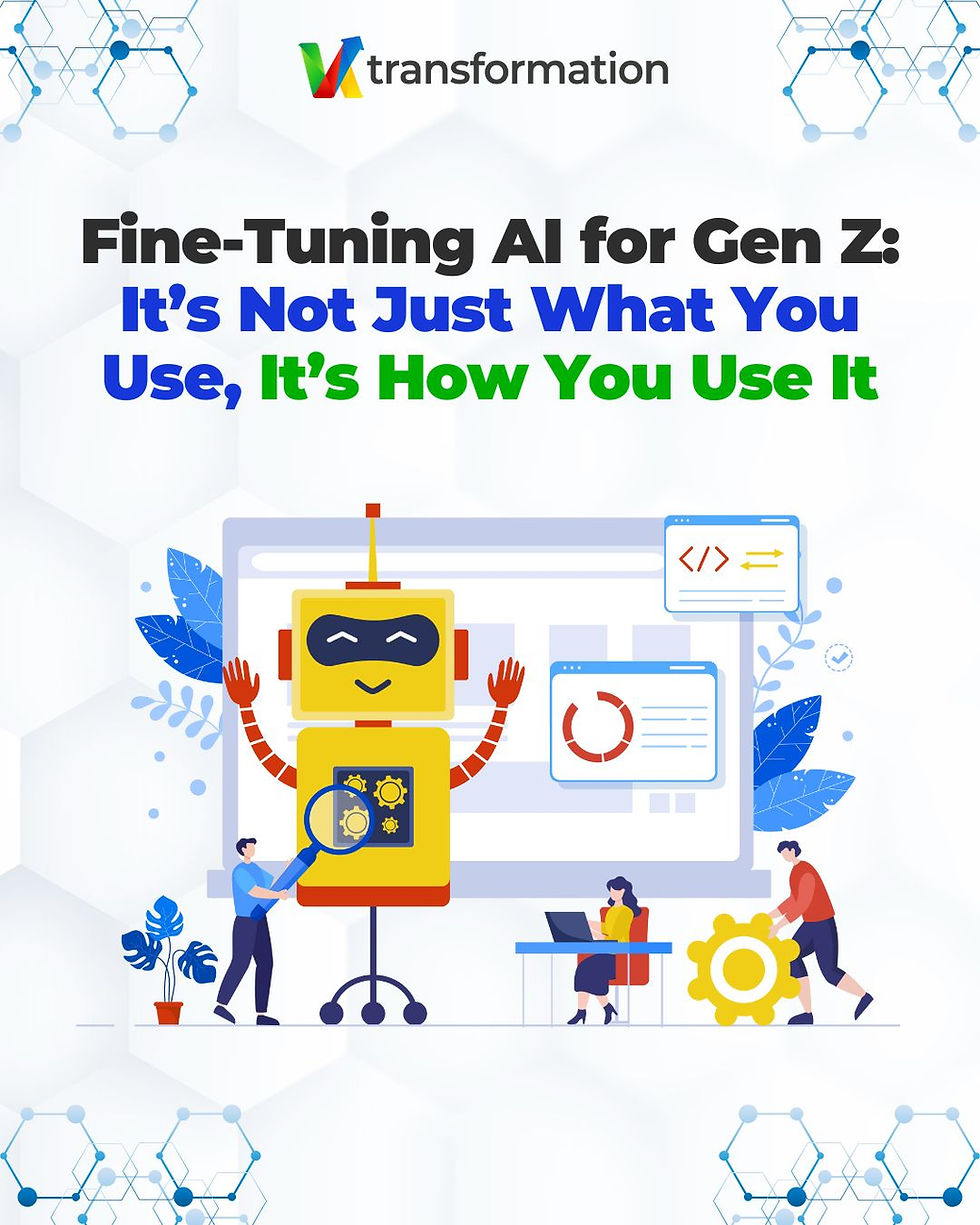Why Is Change Management Important in an Organisation?
- Vivien Koh
- Mar 11, 2022
- 4 min read
Have you been charged with leading a major transformation program in your company?

As Charles Darwin once said, “It is not the strongest of the species that survives, nor the most intelligent that survives. It is the one that is most adaptable to change.”
This blog will discuss what change management is, why it is important, and how to implement it effectively.
📌 What Exactly Is Change Management?
Change management is the systematic approach and use of knowledge, techniques, and resources to cope with change. Change management entails designing and implementing corporate strategies, structures, processes, and technology to deal with changes within the business environment and in external situations. Its main purpose is to successfully adopt new processes, products, and strategies while minimising negative consequences. Effective change management includes guiding the "people” aspect of change inside an organisation.
📌 Why Is Change Management Important?
Changes at the organisational level have an impact on all employees in a firm. As a result, organisational change has a tendency to be felt more deeply and over a longer length of time. Thus, it is critical for businesses to be able to handle organisational changes effectively.
Successfully managing an organisational change may boost employee morale and job enrichment, which can have a direct beneficial impact on productivity and quality of work, which ultimately leads to the cutting of costs and shortening of production cycles. Effective change management allows a firm to remain in a continual state of evolution and constantly adapt to market trends, while allowing employees to stay engaged and productive.
📌 How Exactly Do You Implement Change Management?
Kurt Lewin's Force-Field Theory argues that organisations are balanced between forces for and against change. To implement change effectively, organisations should seek to systematically increase the driving forces for change, and decrease resisting forces. These can be achieved using Kurt Lewin’s three-stage theory of change, which is commonly referred to as Unfreeze, Change, and Freeze (or Refreezing).
1️⃣ Unfreeze
The Unfreezing stage is undoubtedly one of the most critical stages. Demographic shifts, societal trends, new technology, market or competitor changes, and new regulations can all cause these changes. Unfreezing is all about preparing for change, and entails coming to terms with the fact that change is unavoidable and preparing to leave our existing comfort zones.
In this initial step, you should:
Garner support for the change, by the management and the C-suite.
Create a situation in which individuals will want the change. Leaders should communicate that a possible crisis or huge opportunity is approaching, and they should promote open and honest dialogue within the business.
Create a sense of urgency that the status quo is no longer acceptable. The more employees believe that change is required and urgent, the more determined they will be to make it happen.
2️⃣ Change
This Change or Transition step happens when we implement the necessary adjustments, where employees are 'unfrozen' and transitioning, and coming to terms with the organisational change.
This stage is sometimes the most difficult as individuals can be hesitant or even fearful about the change. Employees need time to comprehend and adapt to the changes. People change, not organisations. Successful organisational change is the result of the cumulative influence of successful individual transformation.
To facilitate this stage, consider the following:
Encourage and empower others to take action. Encourage employees to participate in the change proactively, and assist managers in delivering instructions to employees.
Provide support. Support might come in the form of training, coaching, or simply expecting to make errors as part of the process.
Constantly present a clear image of the intended change — as well as the rewards — so that employees don't lose sight of their goals.
3️⃣ Freezing (or Refreezing)
This stage focuses on restoring stability, where changes have become the new standard. Stability can only be achieved when the new changes have been locked in, ensuring that the desired change is maintained and not lost. Here, you can:
Develop and advocate strategies for long-term transformation. Consider ensuring leadership and management support and, if required, adjusting organisational structure.
Create systems, such as feedback mechanisms or reward systems.
📌 Case Study: VKT’s Digital Transformation Project in the Health Supplement Industry
In recent months, VKT has embarked on a new digital transformation project with an esteemed organisation in the health supplement industry, to help them achieve their aspiration in becoming a one-stop regional platform. This is done by transforming the company’s current operating model, and scaling their Direct to Customer (D2C) model to reduce capital expenditure, increase profit margins, improve competitive advantage, accelerate revenue growth, and scale the company’s expansion across overseas markets.
In order for the project to be successful, effective change management measures must be put in place. With major changes ongoing throughout the organisation, the company must be agile, and adapt to new company practices and operating procedures.
📌 Ready to Embark on Change Management?
With our experienced EDG Certified Consultant, VK Transformation is enthusiastic about helping B2B and B2C businesses accelerate their business model, brand, and marketing. As you and your business go through this change management process, our strategic consulting wing can help you with diagnosis, strategy, and execution.
VKT boasts a proven track record in achieving a high EDG application success rate with up to 80% funding. This maximum support level of up to 80% for the Enterprise Development Grant is valid till 31 March 2022. So wait no longer, and contact us for a virtual coffee chat to discover more about how you may start your change management journey and leverage our expertise!
Sources:



Comments